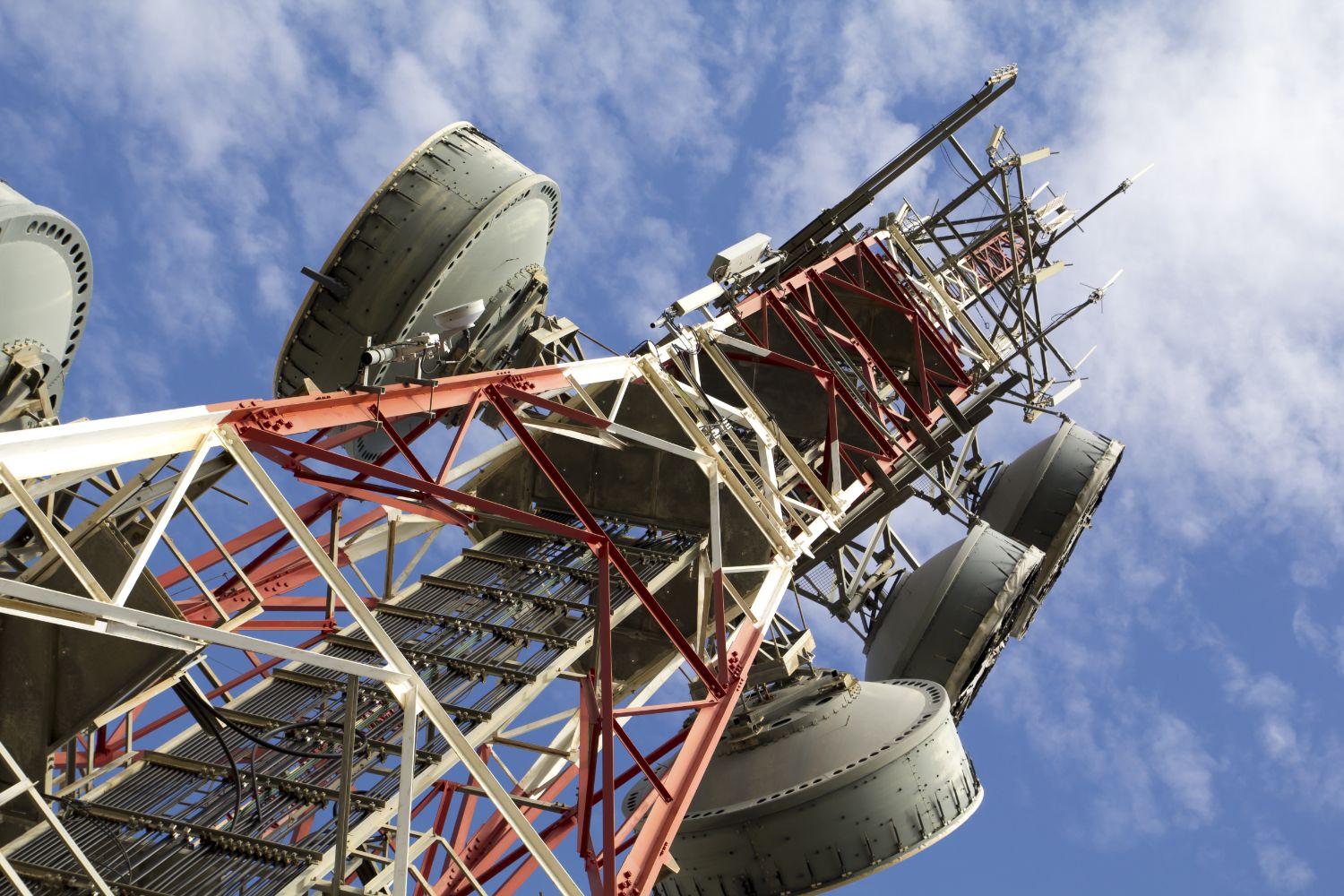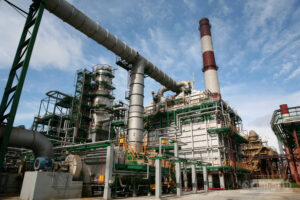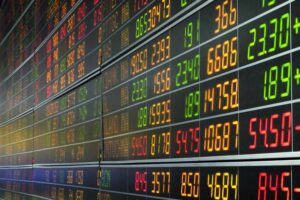Data obtained from the National Bureau of Statistics for 2020, 2021, and 2022 revealed that African countries have invested $4.23bn in Nigerian companies in the last three years.
According to the statistics, these investments formed 19.52 per cent of the $21.69bn that was invested into Nigeria from various countries in the period.
The largest African investor in Nigeria is South Africa, with $2.34bn invested in the time under review.
Prominent South African businesses in Nigeria are in the areas such as telecommunications, engineering, banking, retail, and more.
MTN Nigeria, majorly owned by MTN Group, is one of South Africa’s successful business imports into Nigeria.
Standard Bank, known as Stanbic Bank, is another wellknown success story.
Before their exit from the Nigerian market, Shoprite and PEP stores (both in the retail sector) dominated their space.
Multichoice, owners of DSTV and GOTV, are also examples of South African firms operating in Nigeria.
The second largest African investor in Nigeria was Mauritius which invested $1.27bn. Sustainable Capital Limited, an owner-managed investment manager based in Moka, Mauritius raising its equity stake in Seplat Energy Plc to 8.93 per cent from 7.79per cent in 2022.
In 2022, Mauritius Commercial Bank disclosed plans to open an office in Nigeria.
A post on the Nigerian Investment Promotion Commission stated that MCB’s Head of Corporate and Institutional Banking, Thierry Hebraud, revealed it on the sidelines of the ongoing Africa CEO Forum in Abidjan, Côte d’Ivoire.
He said, today, more than 50 per cent of our balance sheet is outside Mauritius, and the major part is in Africa.
“I believe within the next couple of months, we will be operating the new representative office in Nigeria. We believe we’ll continue to grow in the oil and gas sector, but at a slower pace. We’ll definitely grow in energy and infrastructure.”
The bank has close to $850m invested in the Nigerian oil and gas sector.
Other African investor countries in Nigeria in the time under review include Botswana ($1.29m); Congo ($148m); Cote d’Ivoire ($10m); Egypt ($16.14m); Guinea ($50m): Ghana ($31.78m); Kenya ($20.87m); Morocco ($43.97m); Niger ($2m); Sierra Leone ($2m); Seychelles ($700,000); Somalia ($400,000); Sudan ($53.59m); Togo ($225.89m); Uganda ($120,000), and Zambia ($1.4m).
“THE LARGEST AFRICAN INVESTOR IN NIGERIA IS SOUTH AFRICA, WITH $2.34BN INVESTED IN THE TIME UNDER REVIEW”
According to NBS, investment (capital importation) data is obtained from the Central Bank of Nigeria and includes imported physical capital, such as equipment, and financial capital importation. These investments are divided into three main categories: foreign direct investment, portfolio investment, and other investments.
The African Continental Free Trade Area is expected to improve intra-African investments with Nigeria benefiting more. However, foreign direct investment in Nigeria has been falling in recent times due to limited forex availability, security concerns, and other structural challenges. South African investments fell by 59.33 per cent year-on-year from $1.05bn in 2021 to $428.73m in 2022. Investments from Mauritius crashed from 69.79 per cent y-o-y from $690.91m in 2021 to $208.66m in 2022. Also, persistently high inflation in the country is affecting the operations of many foreign businesses with sales falling due to reducing purchasing power. Many foreign businesses are exiting the country because of this. The World Bank recently lamented about Nigeria, “Net FDI inflows are negative, reflecting net withdrawals of equity by foreign investors. FDI and FPI flow into Nigeria do not compare favourably with similar economies of the world, reflecting difficulties with FX availability, security concerns, and other structural challenges in recent years.” Despite uncertainty in the global financial market, investors are confident in the outlook of the continent even as West Africa pooled a total of $843 million in venture capital inflow last year.
“CBN”
These are contained in the 2022 Venture Capital in Africa Report compiled by the African Private Capital Association and released on Friday. The report, which captured venture capital performance in Africa by deals, volumes, value, and investment stage, indicated the industry’s resilience despite global uncertainty.According to the report, of the 786 venture capital deals, 235 were in West Africa, again recording the highest volume of deals across the continent, followed by North Africa (178) and East Africa (168). With $1.1 billion, North Africa led deal values across the continent, as East Africa attracted $899 million, while West Africa secured inflows of $843 million. The new report is a comprehensive overview of Africa’s innovation ecosystem, providing critical insights into sub-regions, countries and sectors that have cemented Africa’s rising position in venture capital activity and the increasing importance of early-stage investment on the continent. The report stated that in the wake of the COVID-19 pandemic and the resulting capital injection, central banks responded to loose monetary policy while interest rates climbed throughout the year as efforts to rein in inflation intensified. Owing to the restrictive environment, it said, the global venture funding landscape shrunk by 32 per cent, from $681 million invested in 2021.
The report noted that despite the cautious capital deployment around the globe, commitments in Africa remained strong.
By comparison, Africa’s 21 per cent year-on-year growth in deal volume was three times the growth recorded in Asia (seven per cent), the only other region to record positive year-on-year growth in deal volume. According to the report, Africa’s venture funding market was valued at $6.5 billion across 853 deals, including $1.3 billion of venture debt.
Deal volume in Africa last year experienced an industry record, highlighting a near-decade of continuous growth and a compound yearly growth rate (CAGR) of 31 per cent between 2014 and 2022




